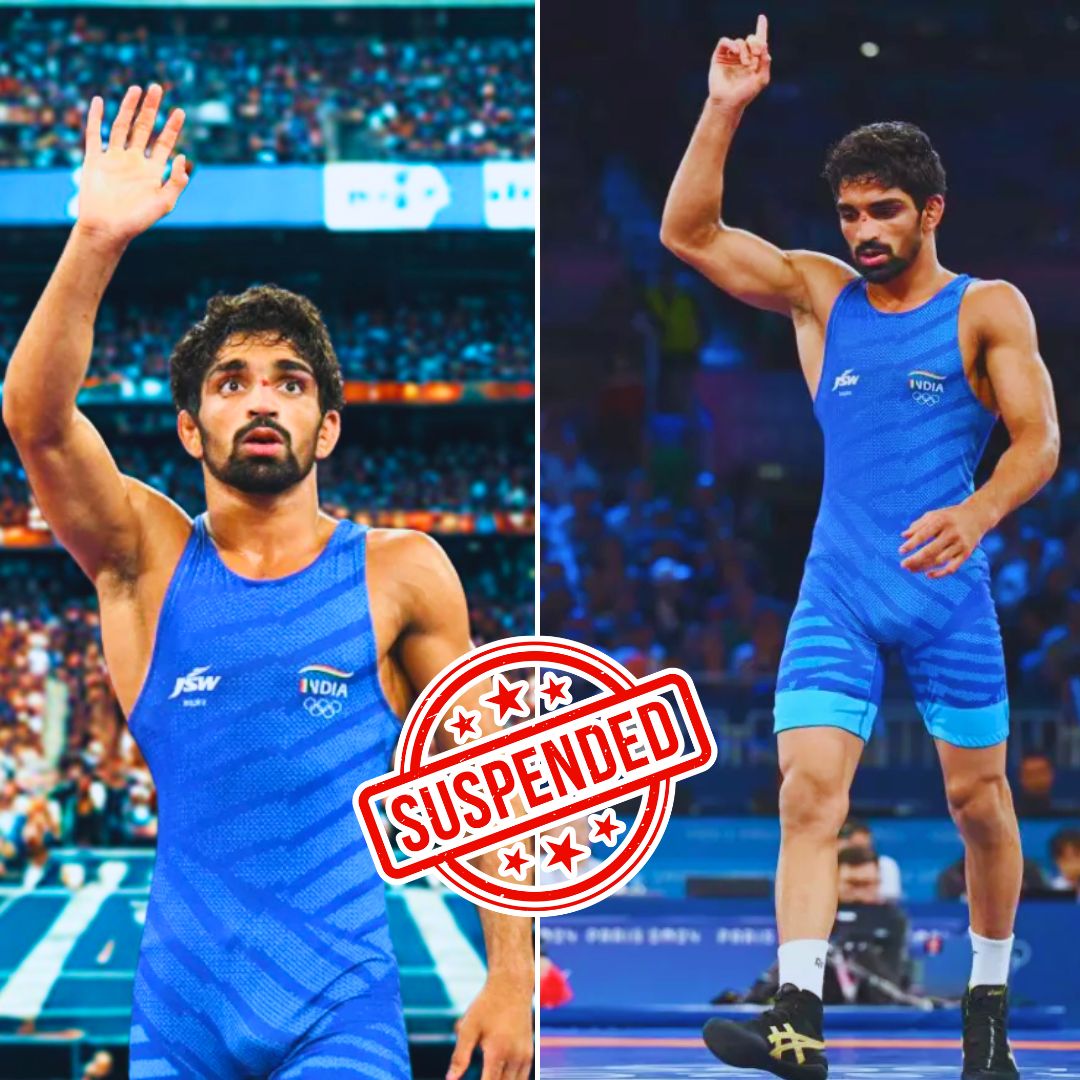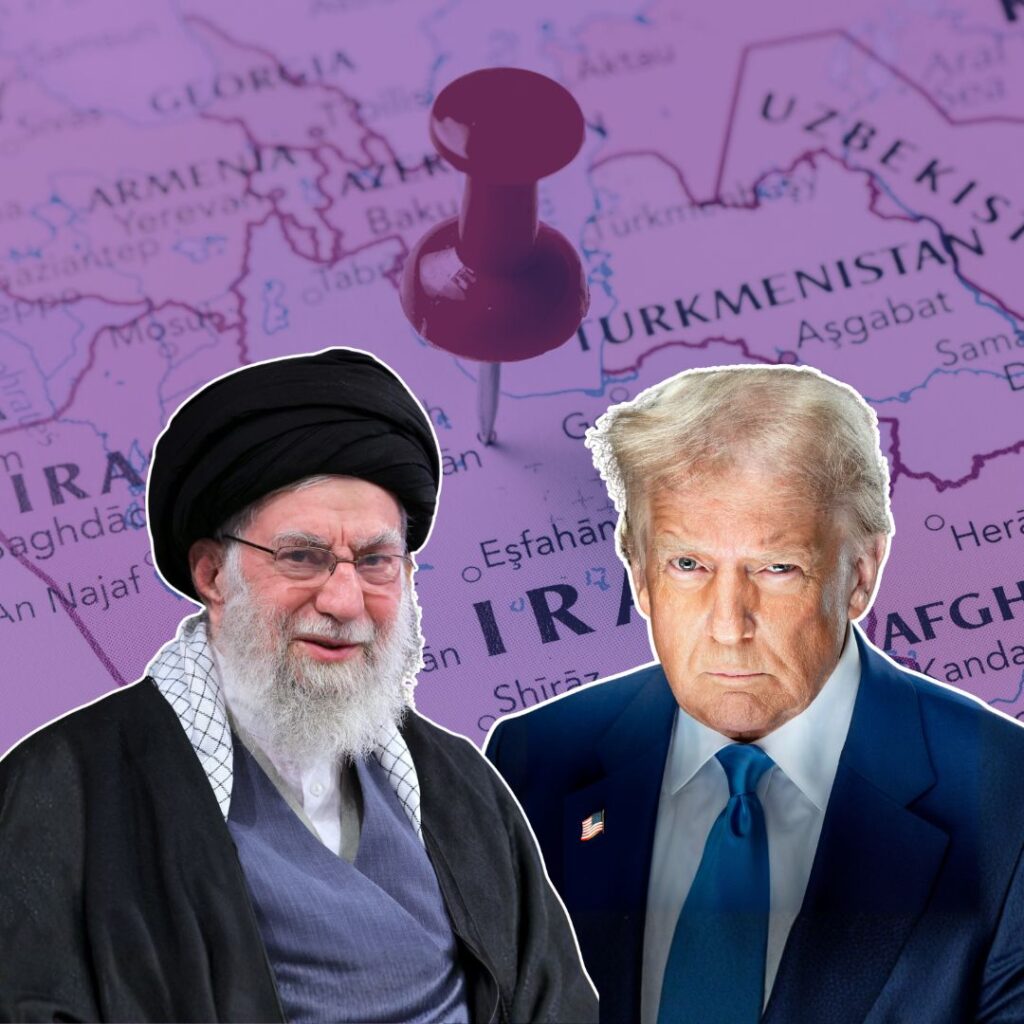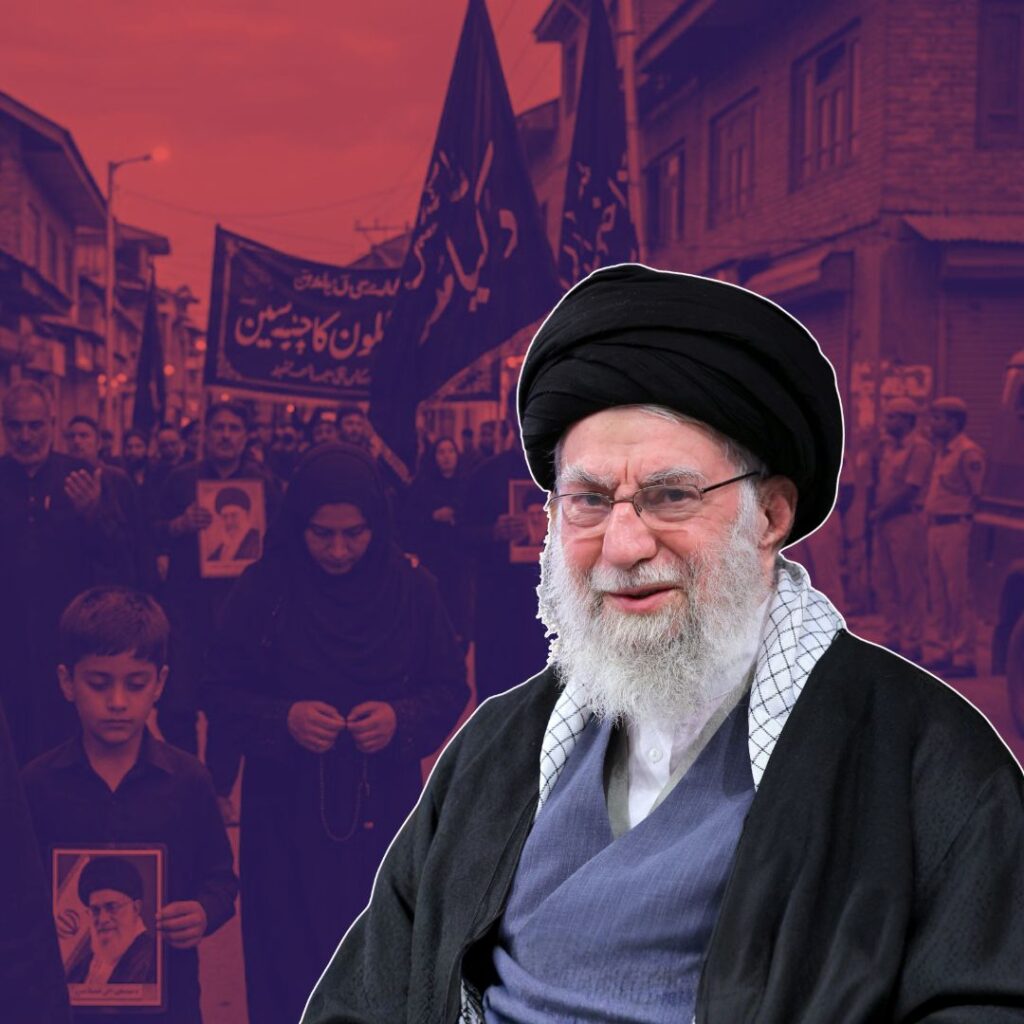Indian wrestling faced a major blow as the Wrestling Federation of India (WFI) suspended 22-year-old Paris Olympics bronze medallist Aman Sehrawat for one year following his failure to meet the 57kg weight limit at the Senior World Wrestling Championships in Zagreb.
Exceeding the weight requirement by 1.7 kilograms on the day of competition led to his disqualification and suspension from all wrestling-related activities for 12 months. The ban rules him out of key upcoming events, including the 2026 Asian Games, with the WFI citing breaches of discipline and professionalism both on the athlete’s and coaching staff’s part.
Disqualification at the World Championships
Aman Sehrawat, regarded as one of India’s strongest contenders in men’s freestyle wrestling, faced disqualification at the World Championships after failing to make the 57kg weight category. Despite joining the training camp in Croatia 18 days before the event, Sehrawat was found to be 1.7kg over the limit on the official weigh-in, a breach that led to immediate exclusion from competition.
The WFI issued a formal show-cause notice to the athlete on September 23, 2025, requesting an explanation. Following a review, the Disciplinary Committee deemed the explanation unsatisfactory and handed down the harsh penalty, signalling zero tolerance for weight non-compliance in international competitions.
WFI President Sanjay Singh emphasised that Sehrawat’s failure was deeply regrettable, damaging India’s sporting reputation internationally. The suspension extends beyond the athlete, as his coaches-Jagmander Singh, Vinod, Virender, and Narender-received formal warnings for inadequate supervision and failure to ensure proper weight management protocols.
Impact on Indian Wrestling and Upcoming Events
Sehrawat’s suspension marks a setback not only for him but also for Indian wrestling as a whole. Having won a bronze medal at the 2024 Paris Olympics, Sehrawat had rapidly emerged as a torchbearer for India in the 57kg category. His suspension means missing out on crucial competitions, most notably the Asian Games scheduled for September-October 2026, where he was a strong medal prospect.
This incident is part of a broader pattern of weight-related challenges affecting Indian wrestlers recently. Similar issues surfaced during the Tokyo Olympics with wrestler Vinesh Phogat and also at the World Under-20 Championships with Neha Sangwan. These recurring challenges spotlight the need for rigorous disciplinary measures while simultaneously exposing gaps in athlete support and preparation systems.
The WFI’s stern disciplinary action is intended to reinforce professionalism and accountability among wrestlers, coaches, and support teams. However, it also raises concerns about athlete welfare, preparation infrastructure, and the pressures inherent in making weight category demands at elite levels.
Contextual Background and Support System Gaps
Weight management is an integral and demanding part of wrestling, requiring strict discipline and expert guidance. The pressure to meet weight categories ahead of competitions can be physically and mentally exhausting. Failure to do so not only results in disqualification but can also impact the athlete’s future career trajectory.
Sehrawat’s situation exemplifies these complexities. Despite advanced training facilities and international exposure, the lack of a consistent, holistic approach involving nutritionists, psychologists, and medical experts often undermines performance. National federations, including the WFI, have in recent years invested in athlete development camps; yet the lapse here suggests possible inadequacies in monitoring athletes’ day-to-day condition.
The role of coaching staff in managing diet, training intensity, and mental pressure is crucial. The WFI’s disciplinary warnings to Sehrawat’s coaches indicate recognition of their responsibilities in preventing such lapses. This incident might serve as a wake-up call for federations to strengthen athlete monitoring systems, enhance supportive frameworks, and foster a culture of shared accountability.
The Logical Indian’s Perspective
The suspension of Aman Sehrawat highlights a fundamental tension in competitive sports, the balance between strict discipline and compassionate support. While upholding rules is essential to maintain fairness and credibility, it is equally important to understand the pressures athletes face and to provide them with holistic assistance.
The Logical Indian believes that punitive action must be accompanied by proactive efforts that prioritise athlete well-being, including mental health, nutrition, and stress management. Athletes representing the country should benefit from environments that nurture resilience through kindness and expert guidance, not just on-field performance scrutiny.











